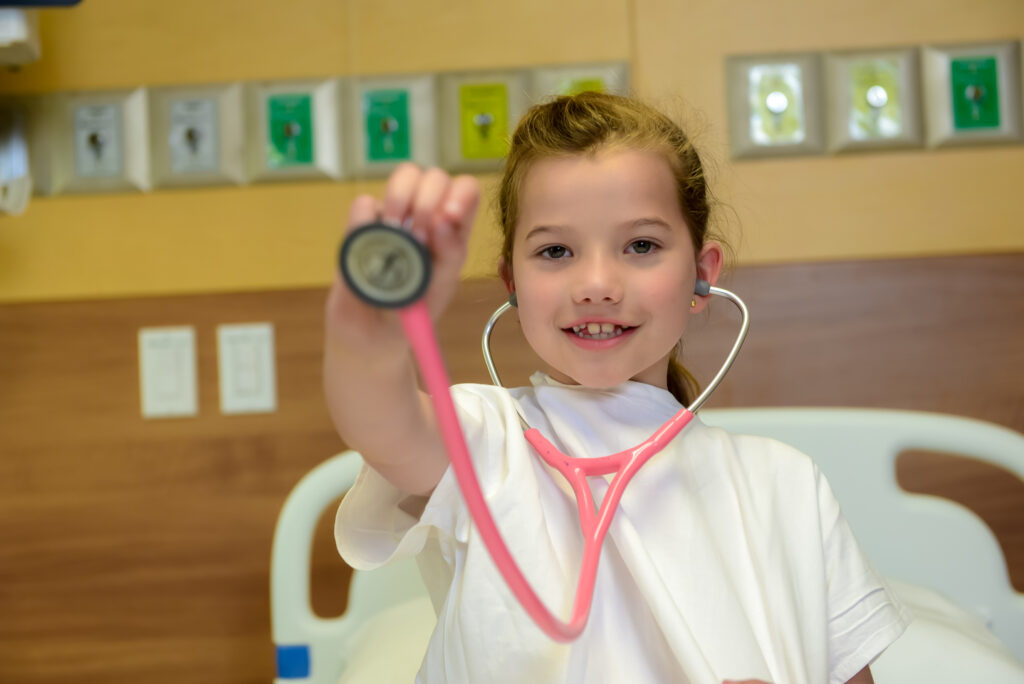February 14 is International Congenital Heart Disease Day.
Heart disease refers to any heart defect or disease and there are two types: congenital, those that originate when the baby is in the womb, and acquired, those that develop after birth.
While some heart diseases are cured with surgical procedures or catheterization, others can, with these same procedures, be improved and allow patients to perform their daily activities in a normal and less limited way. Adequate cardiological follow-up is always essential to allow patients to improve the results of their treatments.
Heart disease is mainly classified into:
- Defects that cause too much flow to the lung.
- Defects that cause too little flow to the lung.
- Defects that cause little flow through the body.
Although it is unknown exactly what the causes of congenital heart disease are, there are some risk factors that increase the probability of developing it, such as:
- Some maternal diseases prior to pregnancy
- Certain infections during pregnancy
- Family members with congenital heart disease
- Parental exposure to pollutants
Warning signs that could indicate that my child has heart disease:
- It has trouble breathing or its breathing is fast and heavy.
- Has trouble eating, gets tired, or pauses a lot during feeding.
- The skin, lips, tongue, or nails have a bluish or purple hue.
- It has trouble gaining weight.
- It sweats a lot while eating or sleeping.
- It gets tired very quickly when exercising
When to consult a specialist?
Although congenital heart disease is usually diagnosed before or shortly after birth, it is important to see a specialist if your child has any of the aforementioned symptoms.
At ABC Medical Center’s Cardiovascular Center, we can provide you with specialized care. Contact us!


